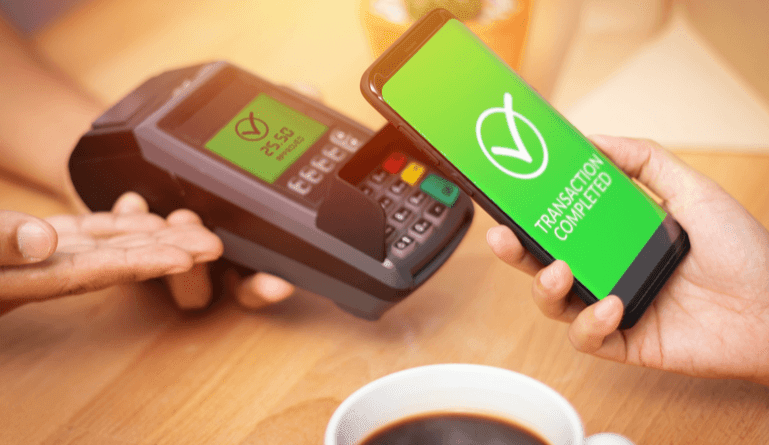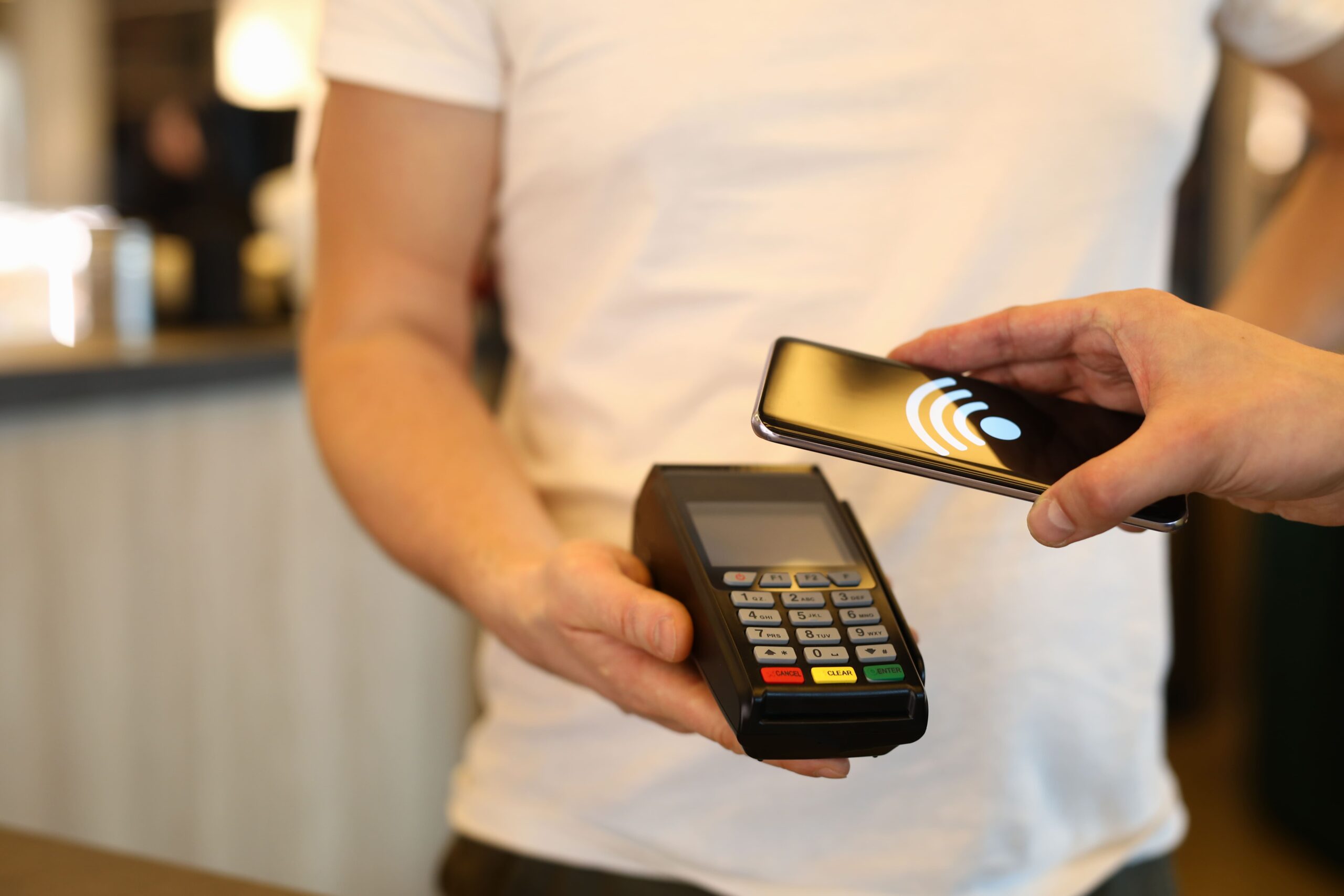The business has always been driven by change and advancement in order to stay at pace with the economy, the customer experience, and more. But business has never quite changed at the pace that it does today. Technology and regulations both continue to change the way business is done in the modern world. From better business practices to increased customer privacy to new innovative ways of paying for things, the business world continues to shift.
One of the biggest tech changes that are affecting business all over the world is the invention of mobile wallets. This beneficial technology is changing the world of e-commerce and m-commerce quickly. If your business is asking “What are mobile wallets and how does this technology affect my company?” read on.
What are mobile wallets?
At the most basic level, mobile wallets let you pay for things with your smartphone instead of cash or a physical credit card. It securely stores your payment information on the wallet app and can be used as a convenient method of payment. CreditKarma defines them as tools that, “can manage all your credit cards, loyalty club memberships and reward cards, and it may help to reduce fraud, too, as mobile wallets are generally harder to steal or copy than physical cards and cash.”
Most consumers are drawn to it because it allows them to avoid carrying around a wallet and enables them to use their mobile phones as the primary tool in their life. There is an inherent risk with mobile wallets – and dependence on smartphones – because if the device is lost or stolen, you lose your ability to pay for things, order transportation, take pictures, get directions, and more. While most people can turn off their cell service or put a hold on their account in the even if loss or theft, many people would still be incredibly inconvenienced by losing their cell phone while out or otherwise.
How do mobile wallets work?
Mobile wallets offer simple payment options for both online and in-person transactions. When making a purchase, using a mobile wallet to pay usually follows one of two paths.
- You use your mobile wallet app and select a card to pay with from the wallet at the checkout screen during an online shopping experience with your smartphone.
- You tap your smartphone to a digital payment-enabled terminal at participating locations.
Many retailers offer updated payment-processing terminals that can accept mobile wallet payments. Samsung Pay is available as a payment option with millions of merchants nationwide and Apple Pay is also accepted at millions of stores. More e-commerce sites like Shopify, Uber, and Airbnb have begun to adapt their systems and accept mobile wallet technology. While not all retailers – online or in person – are compatible with mobile wallet payments yet, but the number of merchants participating grows by the day.
What are the best types of mobile wallets?
Several different companies have their own mobile wallet technology and corresponding app. Businesses need to be mindful of the options when looking to implement mobile payment solutions for consumers. The top mobile payment platforms include Apple Pay, Samsung Pay, Android Pay, which are all meant for use on their respective company devices, while PayPal mobile wallets can be used across all devices.
Among all the mobile wallets, Samsung Pay has taken the lead in part because of its ease of use but also because of the number of Samsung device users all over the world. This is a swipe-or-tap app works only for late-model Samsung phones, which is over 73 million users globally. Investopedia notes, “Samsung Pay is a true mobile wallet that allows the user to store credit and debit cards for purchases in person, in the app, or online. It tracks merchant discounts and adds Samsung Cash Back Awards. A Visa check-out option allows for faster payments for online purchases.”
The PayPal mobile wallet has also made a strong showing among those who have adopted mobile wallets. Since it can be used on any device, it’s a great app for those who have gone from being Apple to Samsung users or those who don’t have brand loyalty and enjoy the flexibility and accessibility of a PayPal account.
More and more B2C customers are choosing to keep their wallets in their smartphones. As this technology becomes more widely adopted by retail businesses and has proved itself in terms of security and privacy, it’s unlikely that the majority of people won’t use mobile wallets, much the same way that most consumers eventually adopted the technology and convenience of swipe credit cards. If you don’t want your business to be left behind, keep your eye on mobile wallet trends and the continuing evolution of digital payment options.




